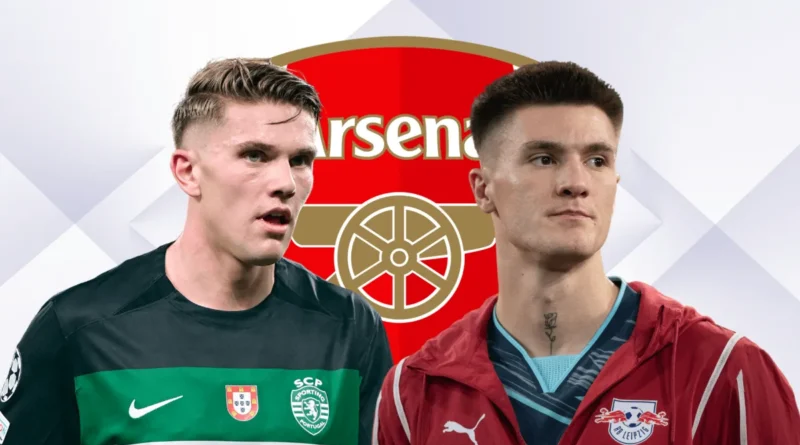Why Arsenals Rebuild Needs Patience, Not Pressure
Chelsea’s fanbase is understandably impatient. After two chaotic seasons, including multiple managerial changes and record transfer spending, supporters want results—fast. But as the club enters a new chapter under Enzo Maresca, one thing is clear: rebuilding this Chelsea team will take time, and that’s okay.
A Broken Cycle of Instant Expectations
One of Chelsea’s biggest problems post-Roman Abramovich era has been its obsession with quick fixes. From the record £100m signing of Enzo Fernández to the high-risk appointment of Graham Potter, the club has too often bought names or concepts without a clear vision.
The result? Disjointed tactics, bloated squads, and inconsistent performances.
Maresca’s arrival represents a shift. Unlike his predecessors, he is building something from the ground up—working with youth, instilling a tactical identity, and demanding a level of discipline Chelsea have lacked.
The Youth Core Needs Time
Cole Palmer, Levi Colwill, Noni Madueke, Carney Chukwuemeka, and Malo Gusto are all incredibly talented. But they are also young and learning. Expecting them to dominate every game is unrealistic. Youth projects need consistency from above, not just flashes of brilliance on the pitch.
Patience doesn’t mean accepting mediocrity. It means understanding that sustainable success—like Manchester City or even Arsenal’s current project—requires years, not months.
Squad Gaps Still Exist
Despite heavy investment, Chelsea still lack key profiles: a proven goalscorer, a midfield enforcer, and an experienced on-field leader. Until these are addressed through smart recruitment or development, results will remain inconsistent.
The addition of Delap is exciting, but he’s still raw. Caicedo and Enzo are elite, but someone needs to do the dirty work when they push forward. These are subtle imbalances that cannot be solved with just more money.
Maresca Deserves a Full Season—At Least
It’s easy to panic after a poor start. But the manager needs backing—through results and through adversity. Chelsea fans must allow Maresca’s ideas to take root.
Sacking him mid-season would restart the cycle and set the club back another year. Just look at how long it took Arteta to stabilize Arsenal, or how Klopp endured criticism in his first two Liverpool campaigns.
Conclusion
Chelsea must shift their culture from short-term obsession to long-term thinking. That means patience, trust in youth, and belief in Maresca’s system—even when the results aren’t pretty.
In five years, Chelsea could be dominating again—not because they rushed to buy more stars, but because they finally built a system worth believing in.


